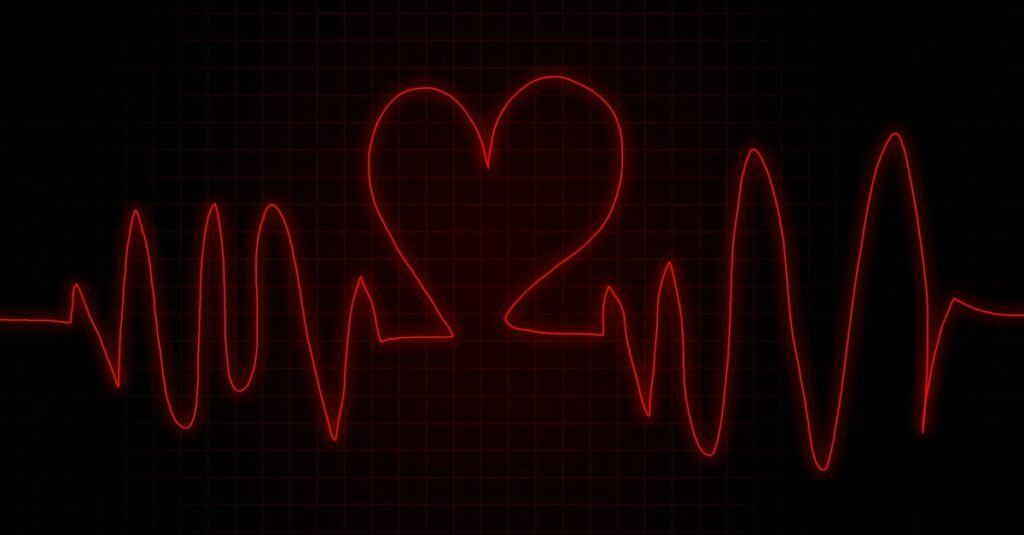

Freediving itself is not a typical cardio activity and cardio alone does not provide a sufficient training program for strong freediving performance. Cardio can, however, play an important role in building overall physical fitness and particularly strengthening the heart and lungs to endure the demands of freediving. Freedivers may choose to take up running, cycling, walking or any other cardio activity that suits their lifestyle and personal preferences.
Cardiovascular exercise (cardio) can be good for freediving as part of a broader program of training and exercise. Freediving involves aerobic as well as anaerobic activities, with the heart and lungs subject to great demands and pressures. Cardio strengthens the cardiovascular system and boosts general aerobic fitness which could enhance overall freediving performance. Strength, mental resilience and breath-hold training are also important for freedivers.
The True Story Book of Freediving Champion Audrey Mestre and the Story of Her Death
View on Amazon: The Last Attempt (Opens new tab)


Top rated read
If you want to know more about how cardio can help freediving, then this article is a good place to start. We tell you more about the benefits of cardio for freediving as well as the types of cardio activity you might take on, and the wider training exercises which are likely to be needed for a strong freediving performance.
Benefits of cardio for freediving
Running, cycling, walking, HIIT etc… are all cardio activities which might fit well into the exercise regime of individual freedivers. Cardio can bring major physical and mental health benefits for both serious sportspeople and the wider population, including freedivers at all levels.
Particular cardio benefits for freediving include:
Improved cardiovascular function
- Stronger heart and lungs and lower blood pressure may enable freedivers’ bodies to function better at depth and under high water pressures.
Increased blood volume
- Boosting the amount of blood circulating in the body means that more oxygen can be stored and higher levels of carbon dioxide can be tolerated.
Stronger muscles
- Cardio exercise can build up stronger muscles. Depending on the type of exercise, this could result in stronger arms and legs or other body parts (e.g. cycling and running will build up leg muscle). These stronger muscles can then help freedivers to better propel themselves underwater at depth where muscles in the limbs will be working anaerobically.
Psychological training benefits
- Cardio exercise can reduce stress, increase ability to relax, and build mental resilience. These factors may also contribute to a strong freediving performance.
How do I get in shape for freediving?
Freediving makes major demands on the body and mind due to the physical rigor, mental focus required, and massive water pressures involved even at depths of only a few meters. Maintaining a high general level of physical and mental fitness can give you a good start in the sport. If you’re living with heart, lung or other relevant health conditions, you should consult your doctor before taking up freediving.
To get in shape freedivers should develop a broad individual training program which includes aerobic and anaerobic activities as well as breath-hold training and mental exercises. With regular practice they can then build a robust cardiovascular system, strengthen key muscle groups, and hone capacity for relaxed concentration.
Cardio
Freedivers should include a cardio activity of their choice in their regular training, whether running, walking, HIIT or something else. Cardio training can be done normally or while breath-holding in order to train your body for anaerobic respiration. (NB Breath-hold cardio should only be done with a buddy for safety reasons.)
Breathing and breath-hold training
This is a top priority training area for freedivers and there are no short cuts to learning the techniques and mastering the practice. If you want to freedive successfully, then breath-hold training is a necessity.
Strength training
Strength training is another valuable area of exercise for freedivers. Strong muscles, particularly arms and legs can make it easier to move through high pressure deep water. As with cardio, strength and breath-hold training can be combined (when working with a buddy).
Mental resilience, relaxation, meditation
Freedivers must be able to relax and focus on their body and immediate environment. Yoga, pilates, meditation or similar practices may help to develop this capacity.
Is running good for freediving?
Running can be good for freediving due to its cardio, leg strength and mental health boosting effects. If you’re a freediver who enjoys running, this can be a good cardio activity to pick up. We’ve actually written a full article on the benefits of running for freediving (opens new tab) which you can check out too.
Is cycling good for freediving?
Cycling can also be good for freediving. Like running, it has cardio benefits as well as positive effects on leg strength and mental health. If you need a lower impact but still vigorous cardio activity for your training, then cycling may be a good choice.
How can I improve my breath holding freediving?
There are a number of techniques and exercises commonly used to improve breath-hold abilities in freediving, including:
- Systematic breath-hold training, which increases physical tolerance for higher carbon dioxide and lower oxygen levels.
- Segmented breathing, which develops ability to use the fullest possible lung capacity.
- Apnea walking, which develops greater tolerance to high carbon dioxide levels, boosting the level of activity you can undertake while breath-holding.
- Lung-packing / glossopharyngeal insufflation (GI), which allow you to pump extra air into your lungs on top of a full inhalation.
References
https://pitjournal.unc.edu/article/long-distance-running-investigation-its-impact-human-health
http://www.oceanshealth.udg.edu/en/freediving-and-scuba-diving.html
https://www.freedivewire.com/cardio-freediving-spearfishing/
https://www.deeperblue.com/the-science-behind-the-freediving-breath-hold/
